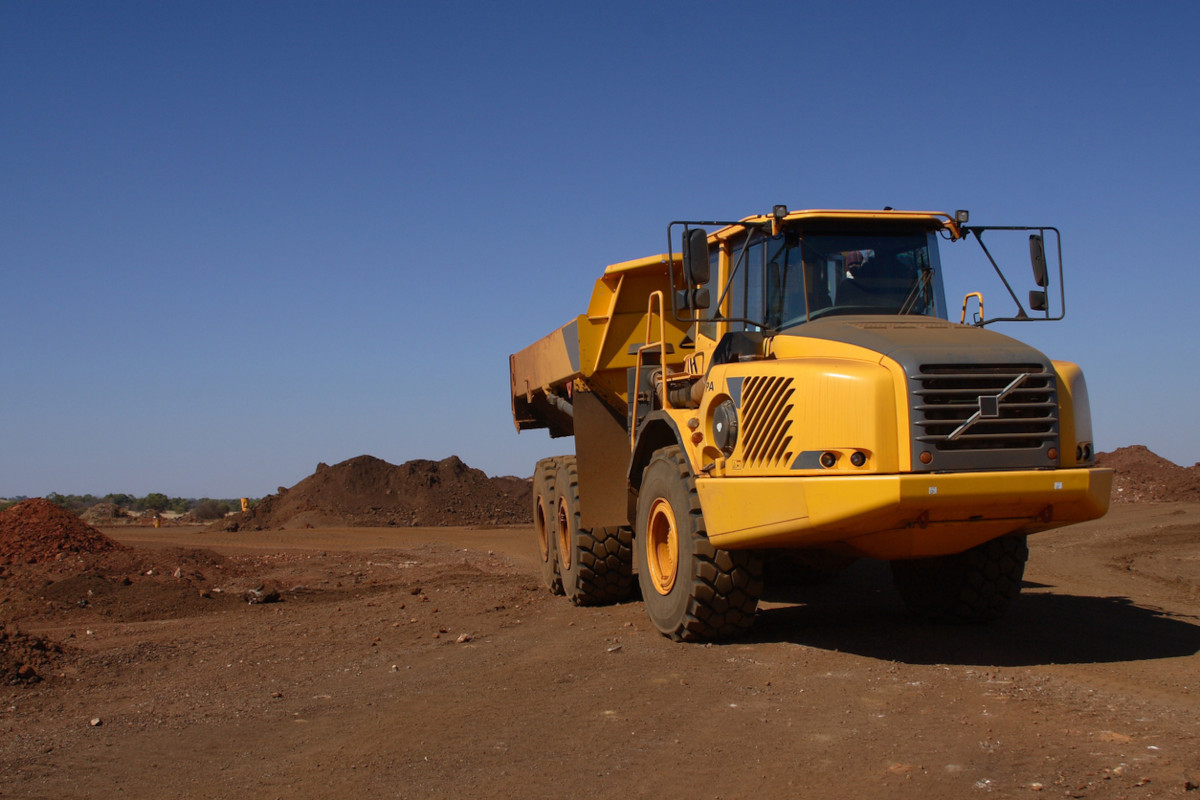Combating climate change and generating local jobs: World Bank and Japan launch initiative.
The World Bank and Japan have founded an initiative to involve developing and emerging countries more closely in producing green energy and the raw materials required. RISE (from Resilient and Inclusive Supply-Chain Enhancement) is intended to help combat climate change and promote economic prosperity at the same time. The energy transition will create a trillion-dollar market with many millions of jobs along global mineral value chains, the World Bank states.
Italy, Korea, Canada, and the United Kingdom have already joined the partnership. The stakeholders pledged a total initial contribution of more than $40 million, with a total of $25 million coming from Japan alone, the country’s Finance Minister Suzuki Shunichi announced. He announced the launch of RISE with World Bank President Ajay Banga on the sidelines of the annual meeting of the International Monetary Fund and the World Bank in Marrakech, Morocco. Chile and India, who attended as representatives of the potential recipient countries, stressed the importance of this partnership.
Reduce Dependence on Raw Materials From China and Counter the People’s Republic’s Investments
The initiative is intended to reduce dependence on imports from raw materials giant China and simultaneously counter the massive investments made by the People’s Republic in numerous developing and emerging countries. Similar goals are pursued by the Minerals Security Partnership, whose members include the USA, Australia, Canada, and the European Union. While maintaining high environmental, social, and governance (ESG) standards, it aims to promote investment in emerging resource-rich countries such as Brazil, Indonesia, Kazakhstan, and Mongolia.
With Global Gateway, the EU has also launched a counter-project to China’s intercontinental infrastructure and trade project Belt and Road Initiative. According to its statements, the association of states values partnerships on an equal footing and local value creation through the processing of the extracted raw materials on site. Up to now, this stage of the process has mainly taken place in China. The Belt and Road Initiative is also coming under increasing criticism in the countries of the global south because they fear that they will be caught in a Chinese debt trap, as the German Handelsblatt, among others, writes.
Photo: iStock/drduey


